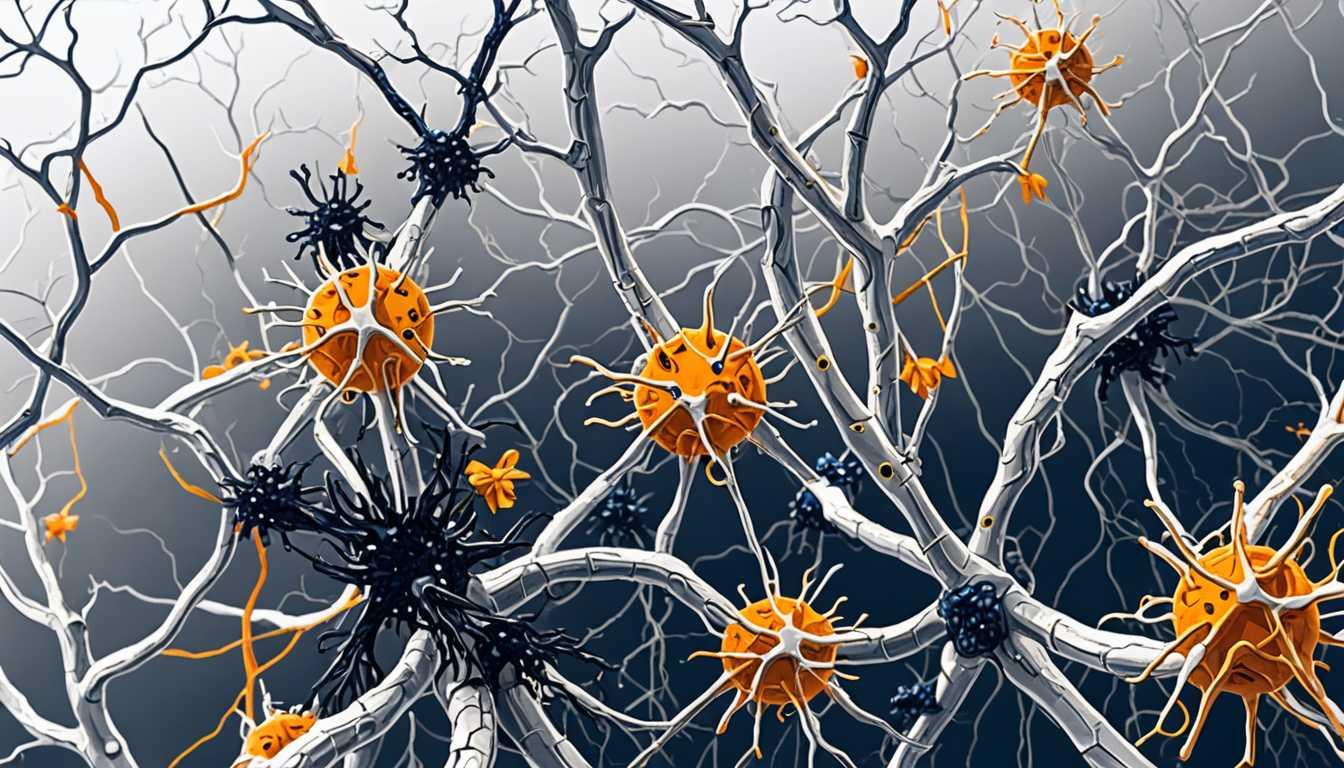Evolution's Ache: The Knee Story
March 2023
Harvard University
Introduction
Dive into the world of evolution with Harvard's Professor Terence D. Capellini as he unravels the mystery of why humans, with all our cool traits like opposable thumbs, also have a knack for developing unique diseases like knee osteoarthritis. In his captivating talk, When Evolution Hurts, he explores how our evolutionary leap to two-legged walking has its drawbacks, affecting 250 million people globally. It's a journey through time, genetics, and the human skeleton that might make you rethink your next run!
READ FULL ARTICLEWhy It Matters
Discover how this topic shapes your world and future
Unraveling the Past, Shaping the Future
Evolution isn't just about how we came to walk on two legs or why we have opposable thumbs. It’s deeply intertwined with the diseases that affect us today, like knee osteoarthritis, which impacts millions worldwide. Imagine, the very steps that led us to stand upright are linked to a condition that can make every step painful in later life. This connection between our evolutionary journey and modern health challenges is not only fascinating but also crucial for developing future treatments. By understanding the evolutionary tweaks in our anatomy, scientists are on the brink of discovering ways to prevent or alleviate conditions that are currently considered inevitable parts of aging. This exploration could mean a future where diseases like osteoarthritis are no longer a given, making this topic incredibly relevant to you. After all, who knows? Some of you might be the future scientists making these groundbreaking discoveries.
Speak like a Scholar
Bipedalism
Walking on two legs. Humans evolved to walk this way, which changed our knee joints and pelvis.
Degenerative disease
A disease that causes a tissue or organ to deteriorate over time. Knee osteoarthritis is one such condition.
Comorbidities
Other illnesses or conditions that occur alongside a primary disease, like heart disease and diabetes with knee osteoarthritis.
Genetic “switches”
Regulatory proteins that can activate or deactivate genetic variations, influencing traits like joint longevity.
Chondrocyte regulation
The process that controls the behavior of cells that form cartilage in the knees, which is crucial for joint health.
Evolutionary selection and constraint
The process by which certain traits become more common or are limited within a population over generations due to their impact on survival and reproduction.
Independent Research Ideas
The evolution of human mobility
Investigate how the shift to bipedalism has influenced human health and disease, beyond just osteoarthritis. This could include exploring the impact on spine health or the development of other joint-related diseases.
Genetic switches in disease prevention
Study how understanding and manipulating genetic “switches” could lead to preventative treatments for diseases that have an evolutionary basis. This could extend to conditions beyond osteoarthritis, offering a broad scope for exploration.
The role of diet in evolutionary diseases
Explore how changes in human diet over millennia, in tandem with evolutionary changes, have impacted the prevalence and severity of diseases like osteoarthritis. This could involve interdisciplinary research, combining insights from nutritional science, anthropology, and genetics.
Comparative anatomy and osteoarthritis risk
Examine the differences in skeletal structures between humans and other primates to understand how these differences contribute to the risk of degenerative diseases. This could involve studying the anatomy of apes, who don’t walk upright, as a contrast to human skeletal evolution.
The future of personalized medicine in treating evolutionary diseases
Investigate how advancements in genetic research could lead to personalized medical treatments for conditions like osteoarthritis, based on an individual's specific genetic makeup and evolutionary predispositions. This area of study holds potential for revolutionizing how diseases are treated on an individual level.
Related Articles

Itch Mystery: Bacteria Unveiled
November 2023
Harvard University

Vaccines That Teach Peace
September 2023
MIT Technology Review

Personalized Cancer Vaccines: Coming Soon!
April 2024
Harvard University

Unlocking Brain Tumors' Immunotherapy Mystery
September 2023
University of California

Viruses: Humanity's Tiny Saviors?
May 2023
MIT Technology Review